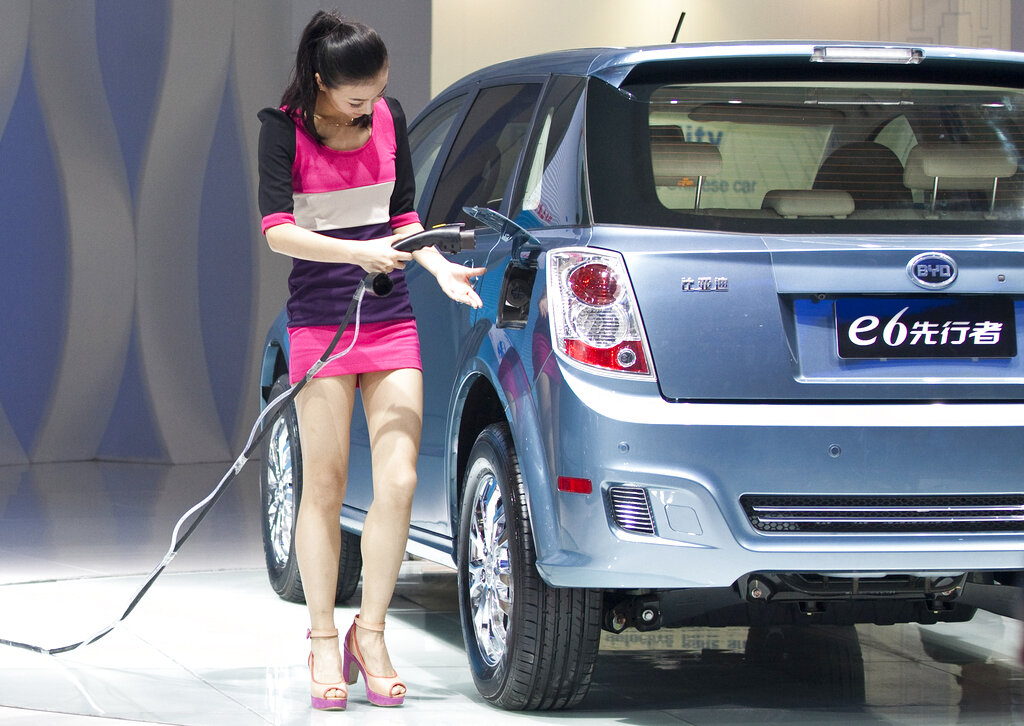Hungarian Economy Minister Márton Nagy has protested against the extra import duty the European Commission has slapped on Chinese electric cars, prompted by massive state subsidies to the companies along the value chain from mining to finished products.
Brussels contacted the relevant Chinese authorities to discuss the concerns raised and possible ways to address them in a way that is compatible with World Trade Organization (WTO) rules.
The concerns have put China on the spot with the EU threatening to impose duties from July 4 to be determined by the customs authorities of each member state.
The new charges would be imposed on top of the existing 10 percent duties. The three Chinese producers under investigation by the European Commission would be subject to specific duties: BYD – 17.4 percent, Geely – 20 percent, and SAIC – 38.1 percent.
Other Chinese electric vehicle companies willing to cooperate with the EU investigation would be subject to an average duty of 21 percent. All other Chinese producers unwilling to cooperate would be subject to a duty of 38.1 percent.
“We do not agree with the brutal European punitive tariffs on Chinese electric car manufacturers; excessive protectionism is not the solution,” said Minister of National Economy Márton Nagy, according to a statement by the ministry.
Asked about the fact that the new tariffs would be imposed on top of the existing ones and that the burden would not be equal, the minister said that the European Commission would create a double discrimination system, as the punitive tariffs are discriminatory not only against China but also against individual manufacturers. Such a differentiated and further discriminatory system of punitive tariffs is almost unprecedented in history, he said.
According to the Hungarian government, protectionism is not the solution; instead, cooperation and free market competition are needed.
“Instead of restricting competition between manufacturers through punitive tariffs, we need to support and help strengthen the competitiveness of the European electric vehicle industry on a global level. Without strong competition there is no strong European Union,” Nagy added.
“The Hungarian government is developing an EU-level action plan to accelerate the take-up of electric cars and increase competition, which will be presented to member states at the Competitiveness Council meeting on July 8-9, in the framework of the Hungarian Presidency,” he added.
Hungary will take over the EU’s rotating presidency on July 1 for six months.






